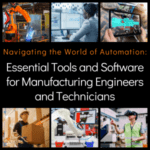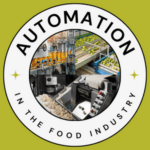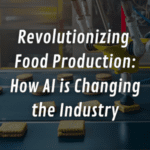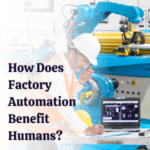The Evolution of Industry & What’s to Come for Industry 5.0
As we stand on the precipice of a new era in industrial innovation, it’s crucial to reflect on the journey that has brought us here and envision the path forward. From the mechanization of production processes in the Industrial Revolution to the interconnected digital ecosystems of Industry 4.0, the evolution of industry has been marked by groundbreaking advancements and paradigm shifts.
In the infographic below, we explore the Evolution of Industry, tracing its trajectory through the ages and examining the transformative forces that have shaped its progression. Central to this evolution are machine monitoring sensors, which have revolutionized the way we collect and utilize data to optimize operations, enhance efficiency, and drive innovation across industrial sectors.
As we peer into the future, we’re poised to witness the dawn of Industry 5.0—an era characterized by the seamless integration of human intelligence and machine capabilities. In this next phase of the industrial revolution, machine monitoring sensors will play a pivotal role in facilitating real-time data insights, predictive maintenance, and adaptive manufacturing processes, ushering in a new era of agility, resilience, and sustainability.
As we look ahead to Industry 5.0, it’s evident that these technologies will be instrumental in shaping a smarter, more connected, and resilient industrial ecosystem.
However, before we move forward to shape the future, let’s take a moment to reflect on the path that has led us here.
The timeline provided not only showcases key milestones and innovations that have propelled us to our current position but also offers a glimpse into the future, speculating on the trajectory of Industry 5.0. This forward-looking section illustrates the endless possibilities and potentials that lie ahead.
Author Bio: Jeremy Wright is the Director of Product Management at Advanced Technology Services and is a recognized expert in the field of industrial machinery lubrication management and reliability. He is a proven technical educator and consultant, leading the development of consulting programs and methodologies for many of the world’s top manufacturing sites. Wright is also active in numerous professional organizations, including standards organizations, with the purpose of driving reliability to the forefront of many industries.




